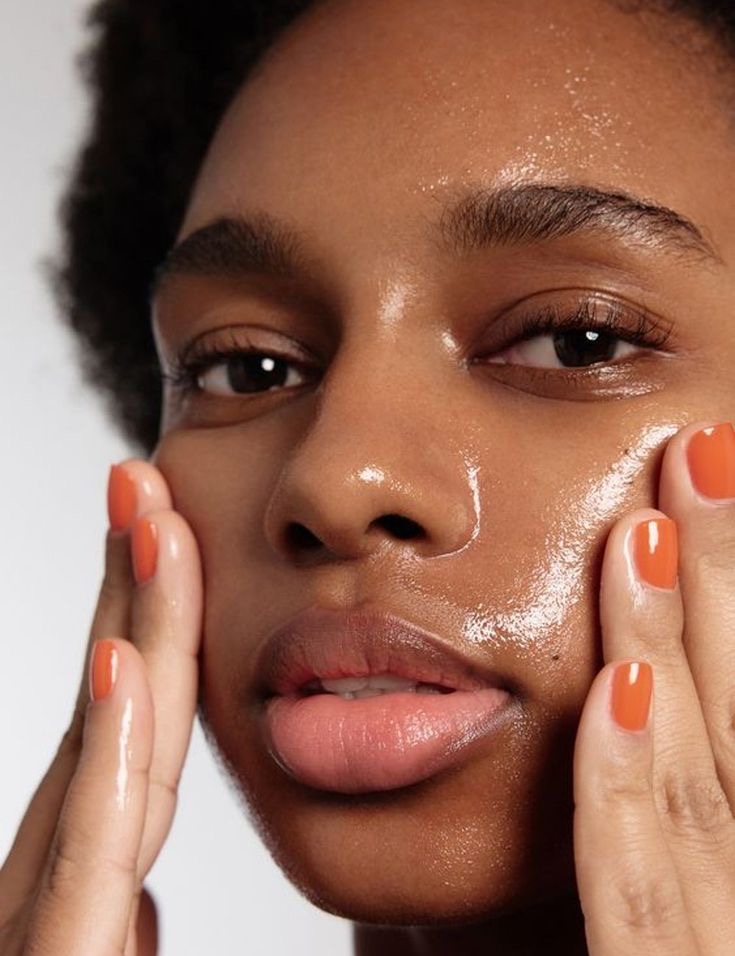In the ever-evolving world of skincare, oil gritting is gaining prominence on TikTok which has become a hub for the latest beauty trends, some of which go viral overnight. One such trend gaining traction is oil gritting—a method that promises to clear blackheads and leave your skin looking smooth and flawless. But is this TikTok-approved technique actually effective, or is it just another beauty myth? Let’s dive into the science behind oil gritting and see if it’s the solution you’ve been looking for.
Table of Contents
What is Oil Gritting?
Oil gritting involves using an oil-based product to remove blackheads and unclog pores, typically mixed with a gritty exfoliant. The idea is that the oil helps break down the buildup of sebum (the natural oils your skin produces) and other impurities in the pores, while the exfoliant helps physically scrub away dead skin cells and debris that can cause clogged pores.
In many TikTok videos, users demonstrate this technique by massaging an oil-grit mixture onto their skin, wiping off the oil, and noticing a visible reduction in blackheads. Combining the oil’s hydrating properties and the grittiness of the exfoliant creates the illusion of smoother, clearer skin.
How Does Oil Gritting Work?
To understand if oil gritting is effective for blackhead removal, let’s break down the process:
Oil Cleansing

Oils like jojoba oil or coconut oil are commonly used in oil cleansing, which is known for its ability to dissolve oil-based impurities. The oil is meant to break down excess sebum in the pores, preventing further buildup and potential clogging.
Exfoliation

The gritty exfoliant typically contains small particles like salt, sugar, or other scrubbing agents. These particles are used to manually exfoliate the skin’s surface, removing dead skin cells that can trap dirt and oil.
Removal

After massaging the mixture into the skin, it’s wiped away, along with the impurities and dead skin, leaving the pores cleaner and the skin feeling smoother.
The Pros of Oil Gritting
Deep Cleansing
The oil in this method helps break down and remove oils and impurities from the skin, while the exfoliant scrubs away dead skin cells. This could be beneficial for individuals with oily skin or those prone to blackheads.
Hydration
Oils like jojoba or argan oil can help hydrate the skin while cleansing, which is especially important for those with dry or sensitive skin.
TikTok’s Transparency
Many TikTok users show “before and after” shots of their oil gritting process, giving viewers a real-time look at the method’s effectiveness.
The Cons of Oil Gritting
Risk of Irritation
While oil gritting may work for some people, it can irritate others, especially those with sensitive skin. The gritty particles can be abrasive, leading to microtears in the skin, redness, or inflammation.
Not Suitable for All Skin Types
Oil gritting might not be suitable for everyone, especially those with acne-prone or combination skin. For people with oily skin, the excess oil could worsen the situation by clogging pores, rather than cleaning them.
Temporary Results
While oil gritting can provide immediate results by removing visible blackheads, the process may not address the root cause of blackheads, which is excess sebum production or a buildup of dead skin cells. Without proper ongoing skincare, the problem may return.
Is Oil Gritting a Sustainable Solution?
While oil gritting may offer a quick fix, it’s not a long-term solution for blackhead removal. True long-term improvement comes from incorporating a consistent skincare routine that includes gentle exfoliation, hydration, and proper pore care. If you’re struggling with blackheads, it’s best to invest in a regimen that targets the root causes, such as using salicylic acid (a BHA) or retinoids to help control oil production and promote cell turnover.
Alternative Blackhead Solutions
If oil gritting isn’t right for you, there are other effective methods for tackling blackheads:
Salicylic Acid: This BHA penetrates deep into the pores and helps dissolve the oils that cause blackheads, making it a key ingredient in many anti-blackhead treatments.
Clay Masks: Clay masks, such as those containing bentonite or kaolin, help absorb excess oil and purify the skin, preventing blackheads from forming.
Manual Extraction: For stubborn blackheads, professional extractions performed by a dermatologist or esthetician are a safe and effective way to remove them.
Retinoids: Retinoids speed up cell turnover, helping to clear pores and prevent blackheads from reappearing.










